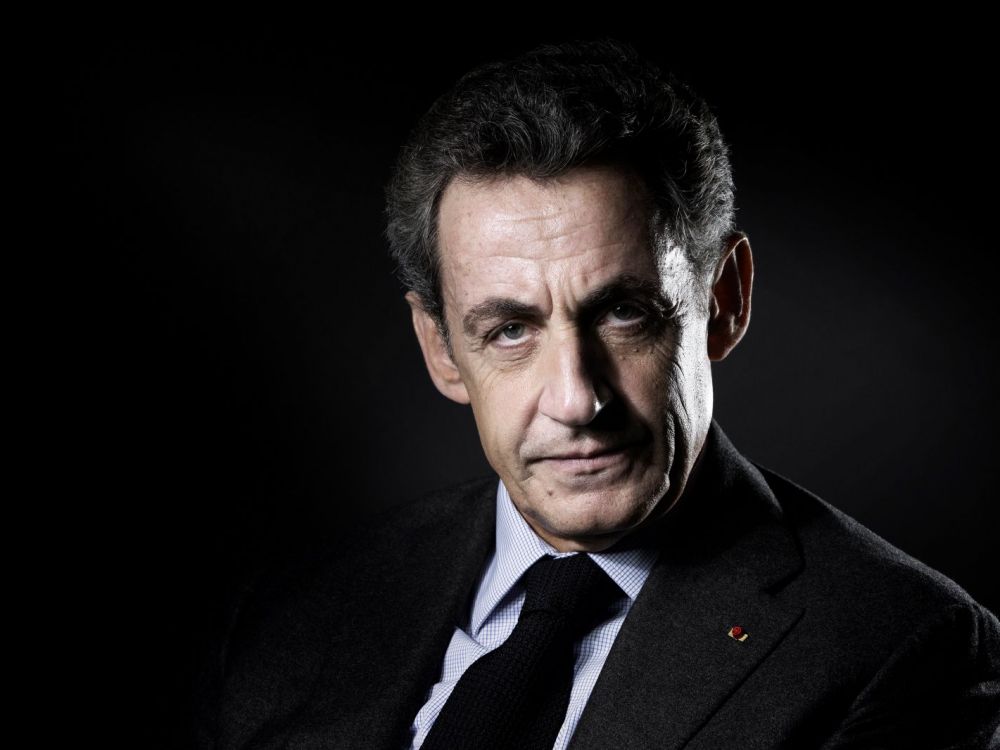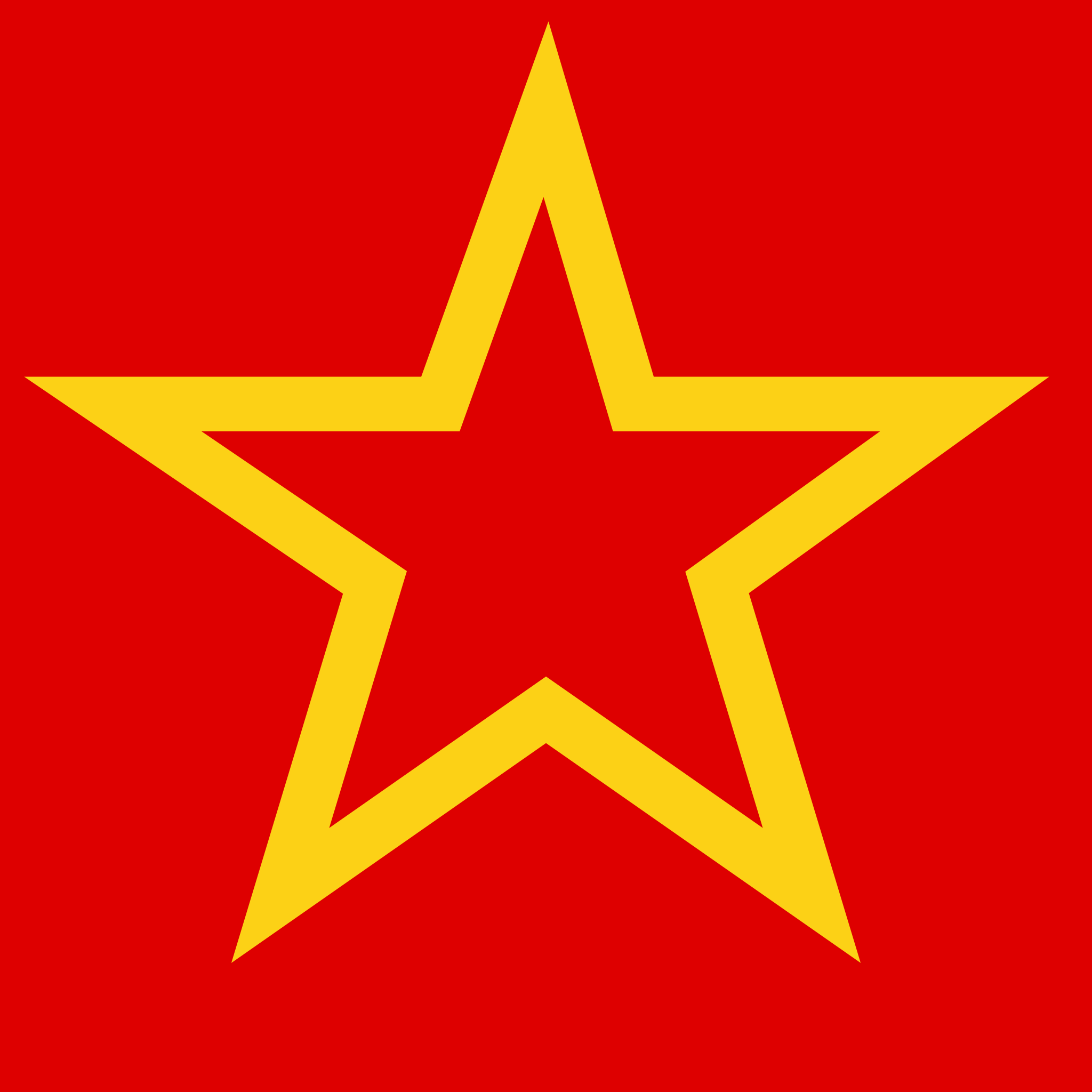how Kissinger is one of the most popular Americans in China
gee I wonder why this account might be purposefully ignorant of the reasons for this
Kissinger brokered Nixon's visit to China, which paved the way for China opening to the world and its current wealth and status.
Honestly, tweets like this are why I stopped following ICE Must Be Destroyed- they make these very specious arguments. I understand why the Chinese like Kissinger and Nixon, and it's something we're allowed to disagree about. It really is that fucking simple- I understand where they're coming from, but I'm coming from a different perspective, and that's fine. For an anarchist who hates "authoritarian tankies," this person is always really keen to have everyone agree with every little ideological point, and they just love finding these little contradictions that don't actually mean anything.
I feel like you're missing historical context. Nixon and Kissinger's trip to China happened in 1972, at the tail end of the Vietnam War. China was aware of the terrorism the US committed in Vietnam and still chose to open diplomatic relations.
I know that. I don't mean to be rude, but I'm not sure what your point is or what you think I'm missing?
You didn't acknowledge it at all. Based off your comment, I assumed you didn't know it.
Kissinger was the guy behind the US opening up trade relations with China, he was Nixon's secretary of State and coordinated with Mao's people to arrange the meeting of Nixon and Mao. The US opening up relations with China is one of the major things that allowed China to achieve the position in the world that it has.
Opening up relations between the PRC and the US, strengthening post Sino-Soviet split shit foreign policy (such as supporting Pinochet) and leading to the implementation of Deng's neoliberal reforms
Can someone give me an actual argument for why we shouldn't call Dengist reforms liberal?
From what I gather, the dude signed a free trade agreement that opened up China, allowing foreign capitalists to set up factories so that they could exploit Chinese laborers and extract surplus value from them.
Kinda sounds like neoliberalism to me. The fact that he did it because there was no better choice or the fact that foreign investments and trade allowed China to expand and develop its infrastructure and economy doesn't mean that it is not neoliberal.
Im not any thing like an expert on Soviet history but didnt that last for like less than 10 years?
Dentist reforms have lasted like 40 years and are supposed to go on until, what? 2050? So 30 more yet.
Generally speaking, I feel ambivalent about China. The american lib talk about how it's the new Nazi Germany seems to be almost definitely overblown, but the anarchist tendencies in me makes me distrustful of any concentration of power (be that individual, government or corporate).
I know that the plan is that the market based economy is supposed to be replaced with a more socialist one by 2050, but what reason is there to believe that the CCP is actually serious about that and isn't just saying it because it is politically pragmatic? (like I said, Im distrustful of the powerful so this is the first place my mind goes to when I hear some politician make promises)
Everytime I hear the line about how China will be a "modern socialist economy by 2050" it just makes me think of Nikita Khrushchev's 1961 promise that the USSR would have " Communism in 20 years "
Even setting aside the possibility that the ccp might be lying, and assuming they are all totally honest, real life often has a tendency to fuck up even carefully laid plans and 30 years is plenty of time for them to get fucked up.
I mean idk. Like I said I feel ambivalent. Partially because I dont know much and its hard to separate the propaganda and bullshit from the truth
Yes, it's fair to call the policies liberalization. I wouldn't call them "neoliberal" as that has a pretty strong connotation if not denotation of the Reagan Thatcher, Milton Friedman school of economic thought and the policies of Reform and Opening Up are still far off from that.
Deng's reforms were heavily influenced by Milton Friedman, they even explicitly invited him to China
Here's a comment thread over on reddit where I go into the topic pretty thoroughly.
Alright, thank you for the reply.
So, your position (correct me if I am wrong) is that China has made compromises with capital and that this capital has indeed introduced inequalities and exploitation, but that China had no better choice due to lack of leverage, and that the party is still dedicated to reducing the private sector.
That still seems like its fair to call it liberal to me tho. Like I said, the fact that there was no better choice doesn't make it not neoliberal. And I know that it's more of a compromise and not a complete surrender because most of the economy is still state-owned and that they place certain restrictions on foreign investments.
But, ya'know, I look at what the reforms did, and it seems to match the definition of "liberal". And if it quacks like a duck...
Yes, the reforms were market liberalizations.
I wasn't necessarily disagreeing with you on that point, I just wanted to provide relevant context using discussions I've previously had on the topic. But market liberalization reforms as a part of a broader economic and development plan under the guidance of a dictatorship of the proletariat is a far cry from being neoliberal. Neoliberal reforms would seek to dismantle state enterprises and transfer ownership to private owners to the greatest extent possible, and reduce the state's role in regulating the market to the greatest extent possible. Neither could description could be used to describe the policies of the reform and opening up period in good faith when considering the full context.
Also, "look at what the reforms did" is a great way of showing that they were not neoliberal, or guided by a neoliberal governing philosophy.
Neoliberalism isn't exactly famous for creating economies that grow at a consistent pace, are recession proof, constantly improve the living conditions and wages of the working class, and lift over a billion people out of poverty. Those things only happen because regulations and policy are written with the interests of the people in mind, and are not primary concerned with the interests of private owners the way a neoliberal government would be.
So if the Chinese economy has had a drastically different outcome compared to every other country that underwent neoliberal reforms, then logic would dictate that China must be doing something different.
someone linked a thread from this account here (not the dunk tank specifically, it was some other comm) some time ago, it was probably like 50 tweets about how the fall of communism and the USSR was actually the fault of China. I mean the Sino-Soviet split led to some pretty trash foreign policy decisions, but imagine believing that China somehow holds more blame than like... the US?
imagine believing that China somehow holds more blame than like… the US?
This is badjacketing and not what he said.
"China, having won the US the Cold War"
"China is complicit in and in some ways responsible for American imperialism"
"The CCP picked the side of capital in the Cold War and doomed the international communist movement in the process, and continues to fund American imperialism to this day"
“China, having won the US the Cold War”
100<20+90
100+20>90
Doesn't mean that the 20 is the biggest contributor.
“China is complicit in and in some ways responsible for American imperialism”
This is even less relevant.
If it was "China, having aided/assisted the US in winning ...", alright, but "having won" I read as implying that China was the primary actor in the whole thing. Maybe I'm just bad at English, but that phrasing reads completely differently to me than it does to you.
This is even less relevant.
It's relevant, along with the third quote, to the point about blaming China more than the US. I'm willing to accept some degree of complicity, but I don't see how "responsible" is appropriate - the US is responsible for American imperialism, not fucking China. And "doomed the international communist movement" again seem to portray China as the primary reason - as if if China hadn't done Reform and Opening-up this somehow would have prevented the fall of the USSR, as if imperialism and capitalism were just on the brink of collapse until China somehow saved them.
as if if China hadn’t done Reform and Opening-up this somehow would have prevented the fall of the USSR, as if imperialism and capitalism were just on the brink of collapse until China somehow saved them.
This interpretation is contradicted by the next sentence and the excerpt from Chuang.
Average "China-stan" would be a dengist, its long shot to claim the Chinese would be confused at their ideological stances.







